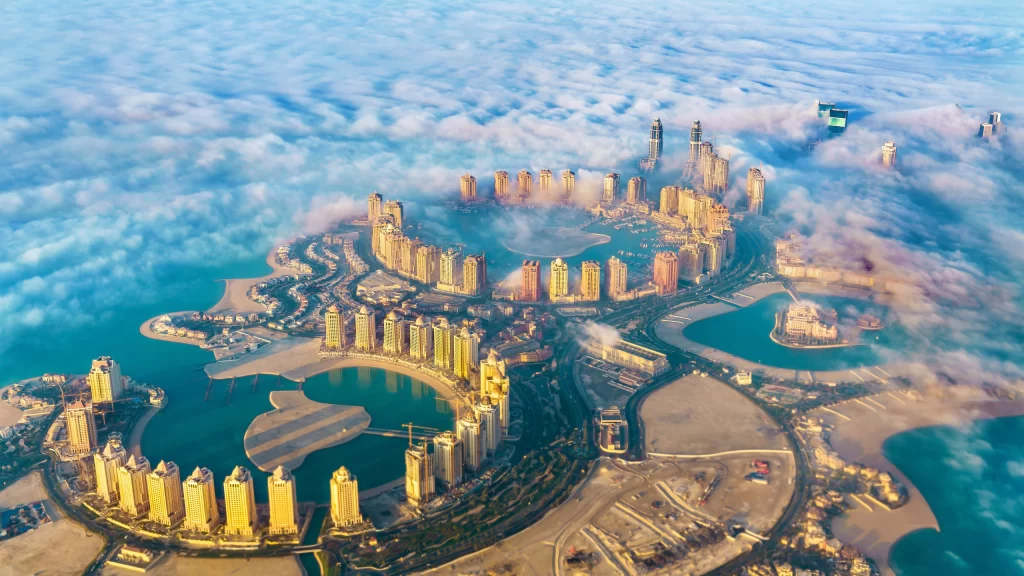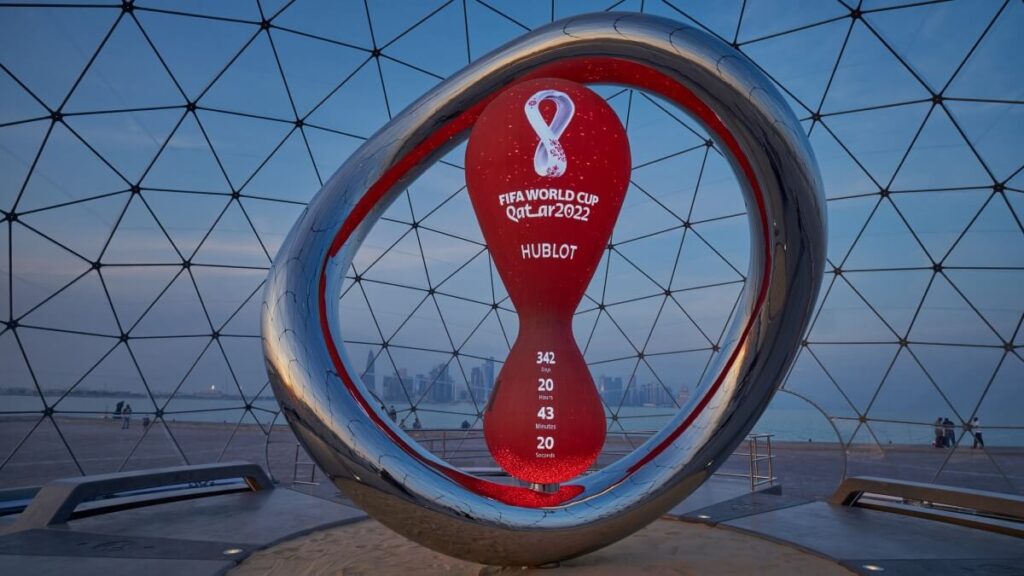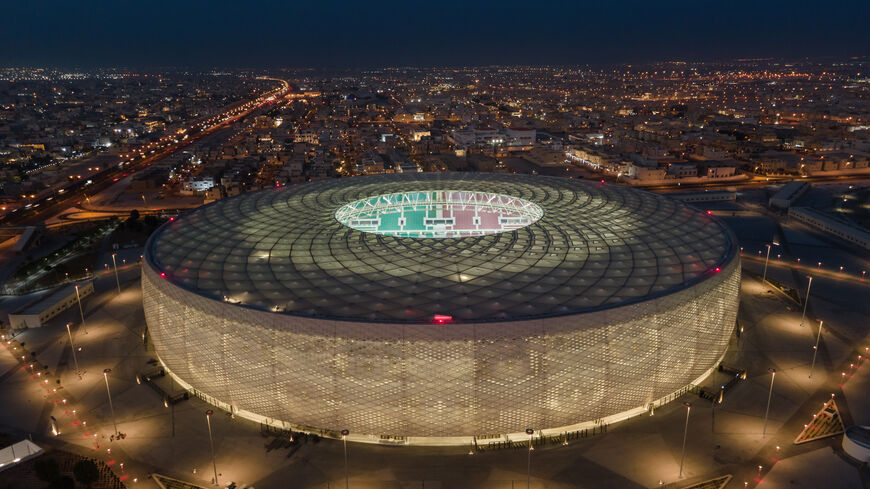
The hosting of the 2022 FIFA World Cup in Qatar has proven to be a significant economic opportunity for the country. The event has led to a boost in various sectors, including retail, hospitality, and tourism. While the GDP growth is expected to slow down in 2023 following the conclusion of the World Cup, Qatar is looking to sustain its economic momentum by hosting major sports events and exploring new business opportunities. This article examines the economic benefits brought by the World Cup and the challenges and opportunities that lie ahead for Qatar.
Growth in the Retail and Hospitality Sectors
During the World Cup, Qatar witnessed a surge in its retail and hospitality sectors. Outlets and malls accommodating visitors from around the world experienced increased footfall, and new destinations like the recently opened Place Vendome mall attracted tourists near the World Cup final venue, Lusail Stadium. The retail industry flourished, with new cafes and restaurants occupying spaces with rentals averaging QR 200 per square meter per month. Additionally, the hospitality sector saw significant improvements, with occupancy rates in one and two-star hotels reaching an impressive 92% during the tournament.

Post-World Cup Events
Post-World Cup Events: To mitigate the potential downfall in the travel and tourism industry following the World Cup, Qatar has strategically planned major sports events for 2023. These events include the Formula One Grand Prix, Expo 2023, and the Asian Football Confederation (AFC) Asian Cup. These events are expected to attract visitors and help sustain the growth of the travel and tourism sector, preventing a further collapse.
Long-Term Tourism Goals
Qatar has set ambitious goals to increase the number of visitors to the country. By 2030, Qatar aims to welcome six million visitors annually, a substantial increase from the two million visitors recorded in 2019. The government recognizes the World Cup as a catalyst for long-term tourism growth and plans to leverage the event’s success to boost the country’s appeal as a tourist destination.
Infrastructure and Legacy Concerns
The extensive infrastructure investments made for the World Cup have raised concerns about oversupply in the hotel and real estate sectors once the tournament concludes. However, Qatar aims to ensure a sustainable legacy by repurposing infrastructure and leveraging it for long-term economic growth. For instance, the metro line in Doha and the upgraded airport will continue to serve as essential assets for tourism and economic diversification.
Soft Power and Regional Relations
Hosting the World Cup has provided Qatar with an opportunity to enhance its soft power and strengthen regional ties. While negative press coverage in some parts of the world has strained relations between Qatar and the West, neighboring countries such as the UAE, Kuwait, Jordan, and Saudi Arabia have benefited from increased tourism and economic opportunities associated with the event. Qatar anticipates that the World Cup will contribute to long-term regional cooperation and bolster tourism.

Economic Outlook
The hosting of the World Cup has propelled Qatar’s GDP growth, reaching 8% annually in the fourth quarter of the previous year. However, as the tournament concludes, the economy is expected to experience a temporary slowdown. Global factors such as weaker demand and tighter financing conditions may affect growth rates. Nevertheless, Qatar’s non-hydrocarbon sectors, including tourism, transport, and construction, are likely to benefit from the World Cup’s positive impact. The government’s ongoing investment and infrastructure projects will contribute to sustainable economic growth.
Conclusion
The 2022 FIFA World Cup has brought substantial economic benefits to Qatar, with increased GDP, growth in retail and hospitality sectors, and enhanced regional ties. While the country anticipates a slowdown in economic growth following the event, Qatar remains focused on sustaining momentum through the hosting of major sports events and the exploration of new business opportunities. With a long-term vision of becoming a top tourist destination, Qatar aims to leverage the World Cup’s success to transform its economy and diversify beyond hydrocarbon resources.